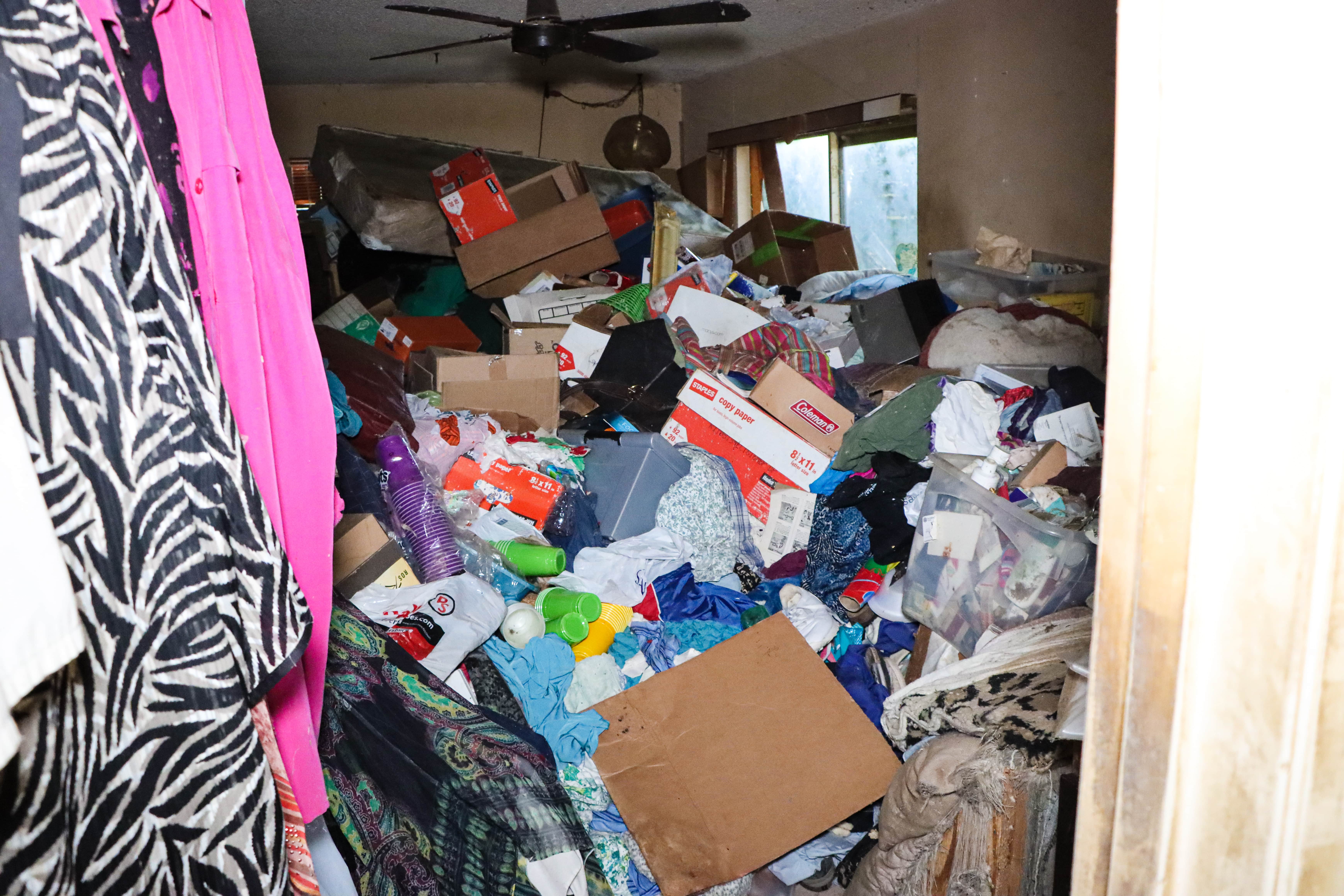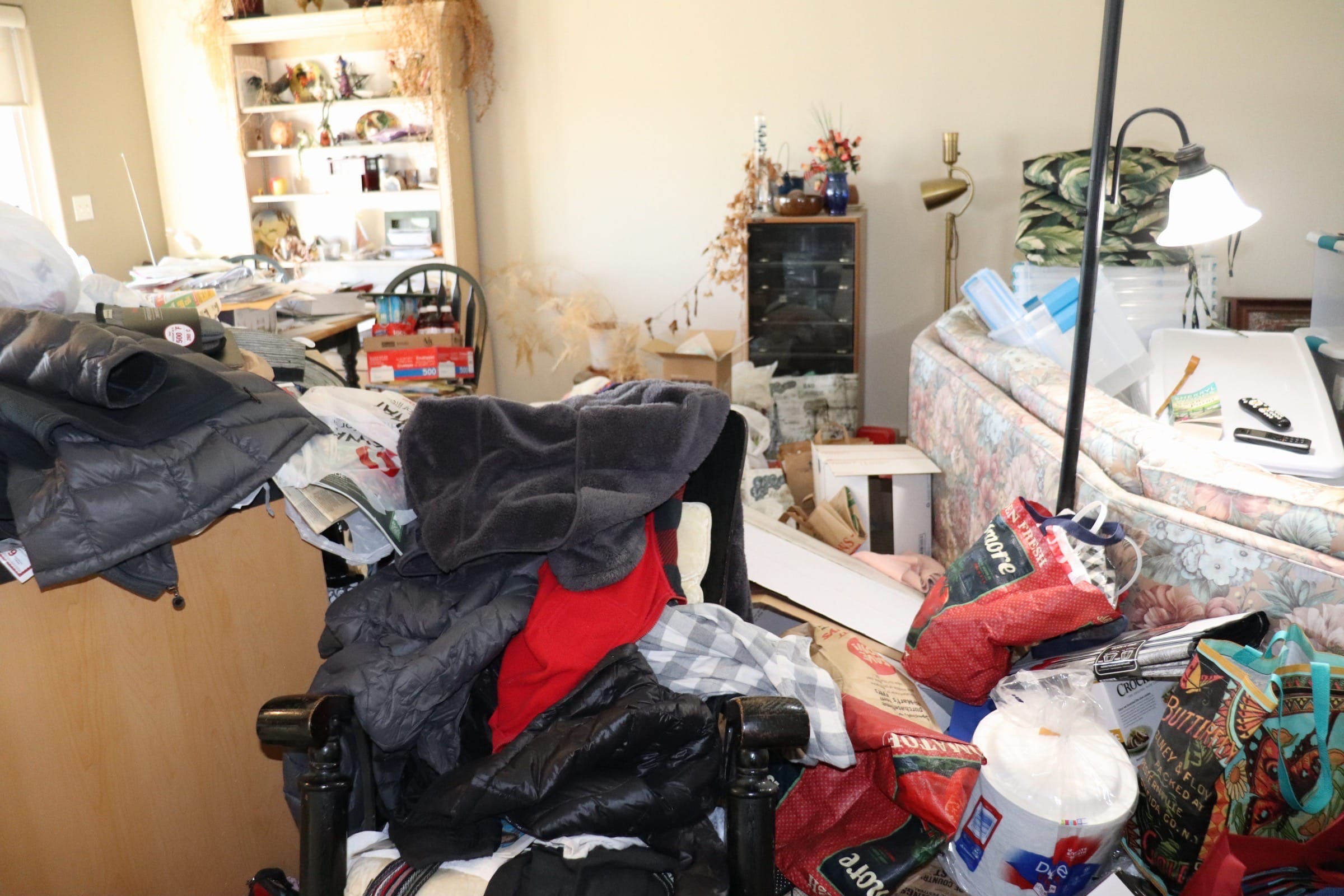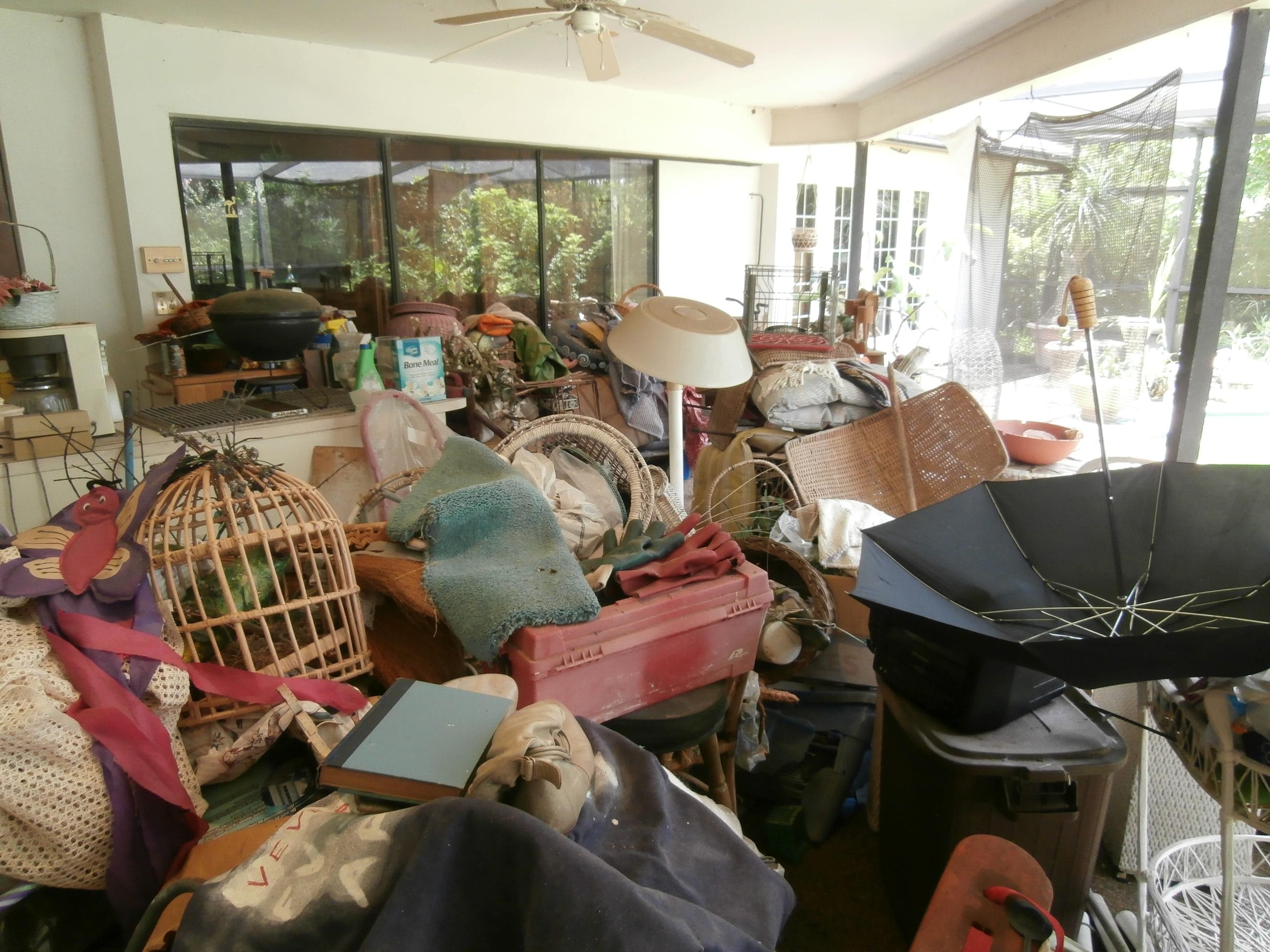While its believed that one in 50 people suffer from compulsive hoarding, one in every 20 might be impacted by it.
If not addressed, a hoarding disorder can have adverse effects on multiple areas of their lives. Even if you arent personally affected by the hoarding disorder, you may live near someone who is. Hoarder houses can be a blight on the neighborhood, but, more importantly, they pose a danger to the individual living in the home and the entire neighborhood.
Its important to remember to always be respectful when attempting to navigate a situation with someone who has a hoarding disease. This guide will go over what you need to know about what you should do if you live by someone who has a hoarding issue.
Whats the Difference Between Messiness and Hoarding?
Its important to differentiate between a neighbor whos messy and one who suffers from a hoarding disorder. When someone has a hoarding disorder, they have continual difficulty parting with or getting rid of possessions due to them thinking they need to save every item. When they try to get rid of those possessions, they have considerable distress.
A hoarder will save random items and keep them in their house with no structured organization. The clutter that ensues disrupts their ability to utilize their work or living spaces. Sometimes these individuals feel safer when theyre surrounded by the items they save.
Hoarding behavior typically has harmful effects for the person and their family members, including:
- Social
- Financial
- Physical
- Emotional
- Legal
This is different from the neighbor that puts trash bags out on the street instead of in their garbage can. Its also different than the neighbor that puts dirty dishes out on their porch instead of taking them inside to clean them. While their conduct could be in violation of community association rules, its not the same as having a psychological disorder.
Increased Fire Risk
Cleaning up a hoarding mess is important to maintaining the health and safety of your neighbor and the rest of the neighborhood. Houses that have an excessive amount of junk pose a huge risk of fire. If the house catches fire, it can quickly spiral. Hoarding also dangers the lives of the firefighters that have to enter the home.
They have to navigate impassable and tight spaces as they attempt to put out the fire. Fire rescue becomes more difficult since pathways are cluttered with debris, putting the life of your neighbor at risk. If your neighbor is hoarding a large number of paper products, a fire can spread quickly. This poses a threat to the rest of the neighborhood as the fire can jump to other homes.
Hoarding Can Turn Tragic When There Are Animals
Some people collect as many different types of animals that they can. This contributes to unsanitary conditions and is neglectful and cruel. A distressed animal can pass away from the situation theyre living in. The loss is made worse when the hoarder doesnt recognize that their choices are causing more harm than good.
What Can I Do About a Hoarding Neighbor?
No matter what action you take if you believe your neighbor is hoarding, you should always react with compassion. Recognizing that this is a mental illness and not a controllable instinct is essential when navigating this situation.
However, that doesnt negate the fact you have reasonable cause for concern for your neighbors safety, as well as the rest of the neighborhood. You may be tempted to go over to your neighbors house to talk to them about the issue. That might not be the most successful route. Even if you know your neighbor fairly well, you dont know how theyll react when confronted about their hoarding.
If their hoarding has spilled over into their front yard, you could gather together some of your neighbors and politely offer to clean up their yard for free. Youll want to be careful since there may be biohazards present. Keep in mind that this likely wont permanently solve the issue since hoarding is a mental illness. If the hoarder is renting their residence, you could reach out to the landlord.
Alert them to the situation and lay out your concerns in an understanding way. A responsible landlord will want to remedy this issue, not only to protect their property but for the safety of their tenant.
Can I Report My Neighbor for Hoarding?
In many states, hoarding is legal. This is because lawmakers dont necessarily want to dictate how people can live inside their homes. Like we mentioned earlier, animal hoarding does fall under neglect and cruelty. You can seek assistance from the local or state governments, especially if your neighbor is living alone. There are agencies that have social welfare workers that will take tips anonymously. Theyll send out trained individuals to speak with the person.
In the city of Atlanta, you can submit a code violation. The Code Enforcement Section inspects and enforces commercial and residential properties that violate different city codes. Your neighbors house can be inspected for:
- Unsanitary conditions or rodent infestation
- Electrical hazards
- Other deficiencies that would render the property unsafe to the occupant or the general public
You can easily submit a code violation on their website, over the phone, or via email.
Contact Spaulding Decon to Help With Hoarder Houses
It can be difficult to compassionately deal with hoarder houses in your neighborhood, but its important for it to be addressed for the safety of everyone involved. Those who suffering from a hoarding disorder need assistance and treating them with kindness is essential during this process. Contact us today to learn more about our hoarding cleanup services.
More Information
Resources to help a hoarder in your life.




